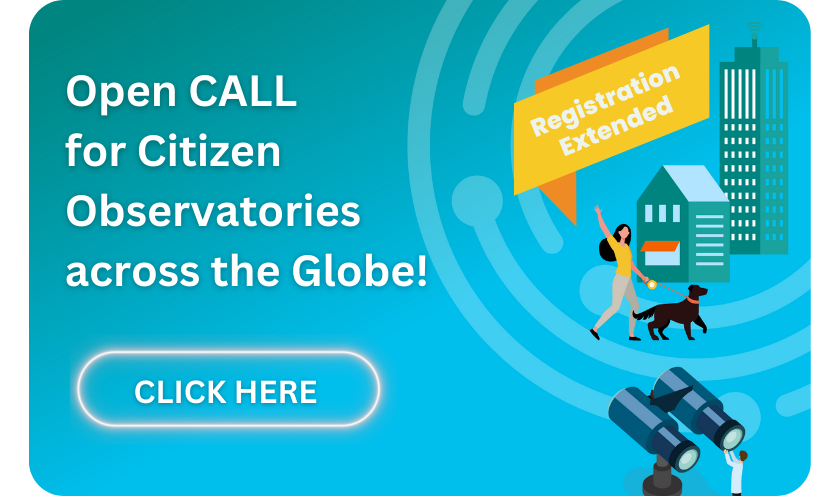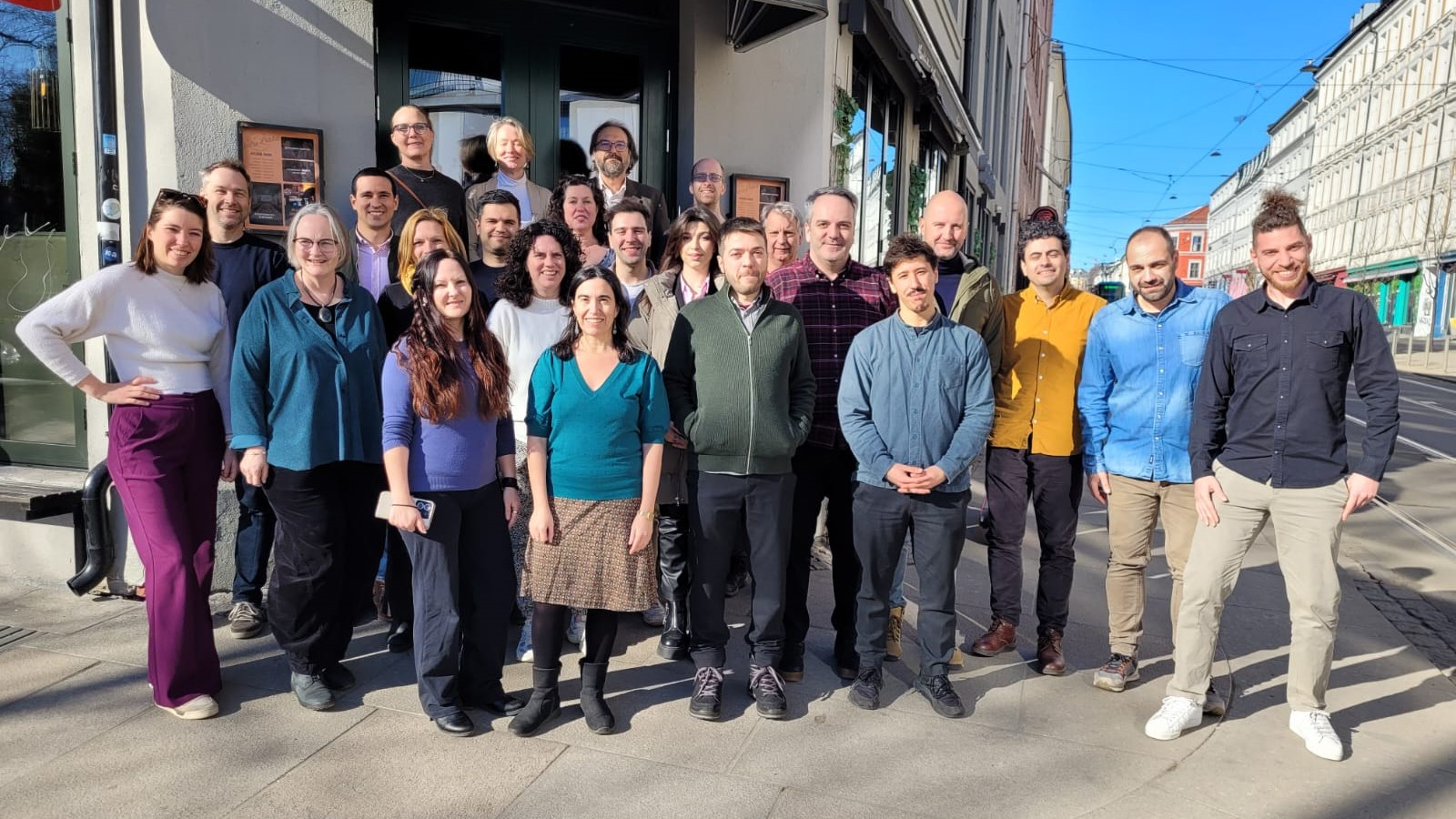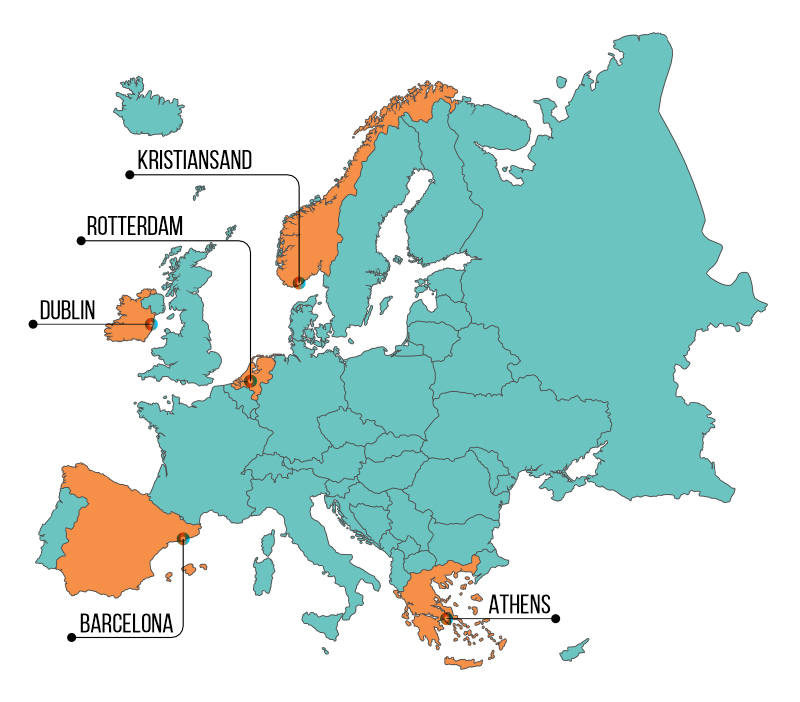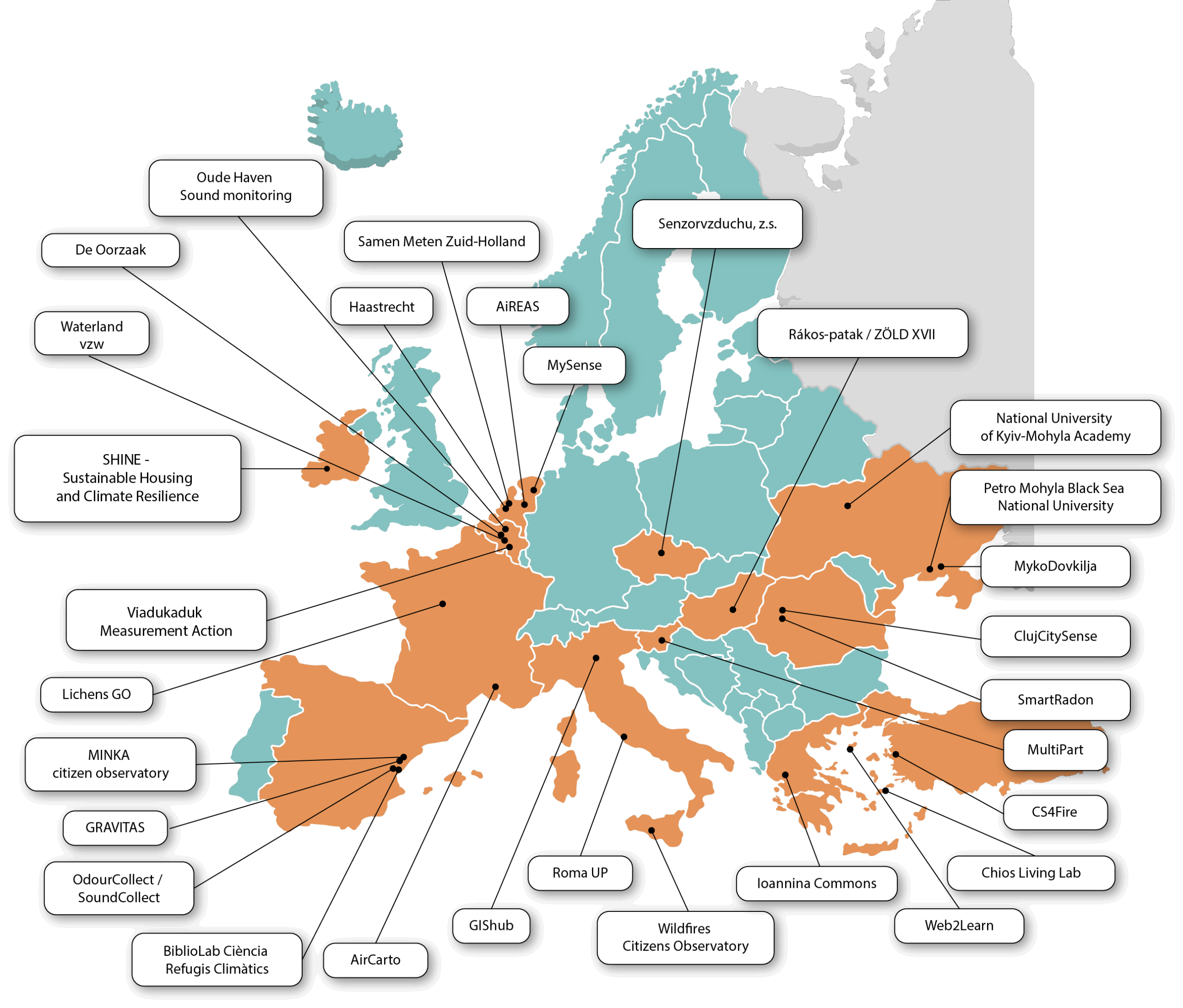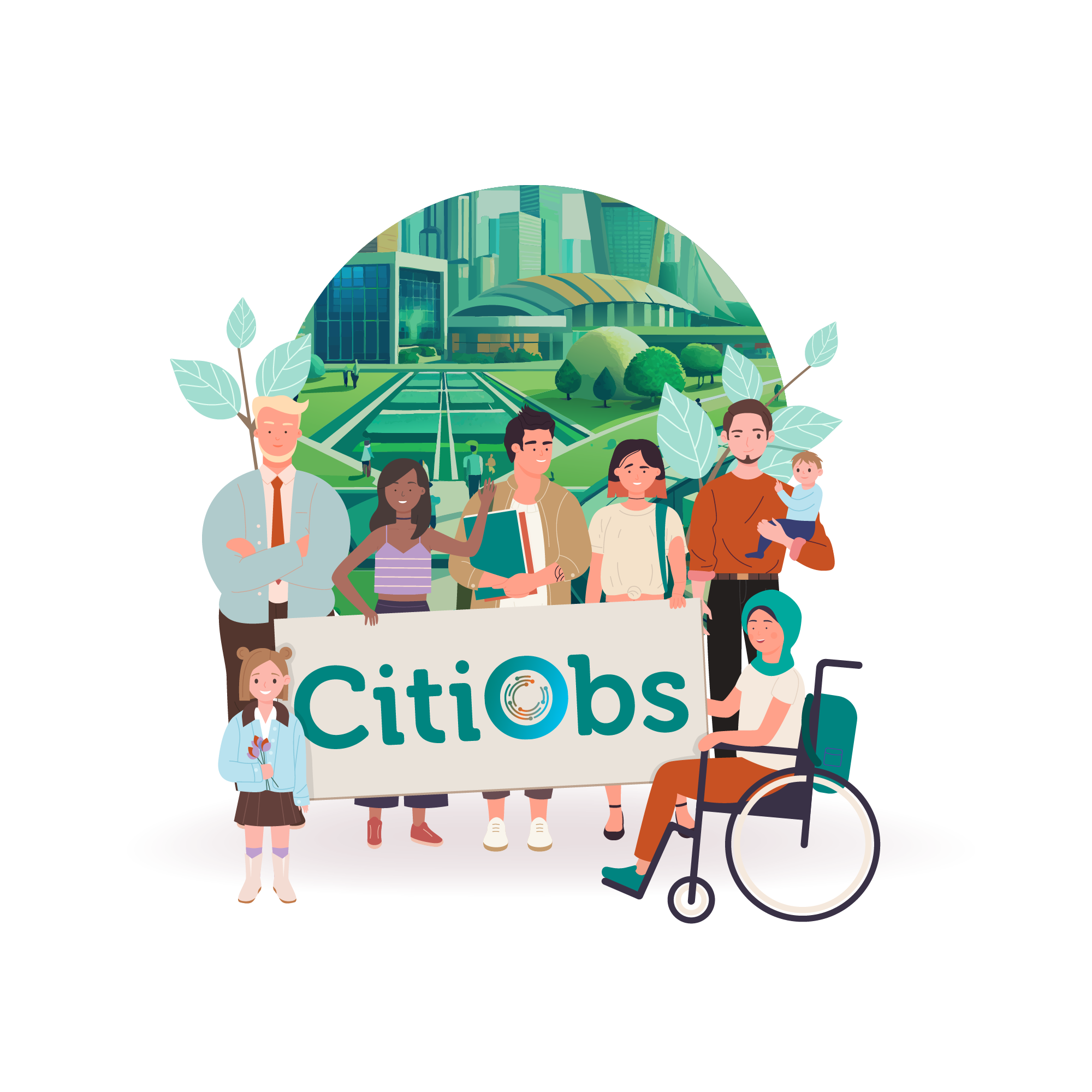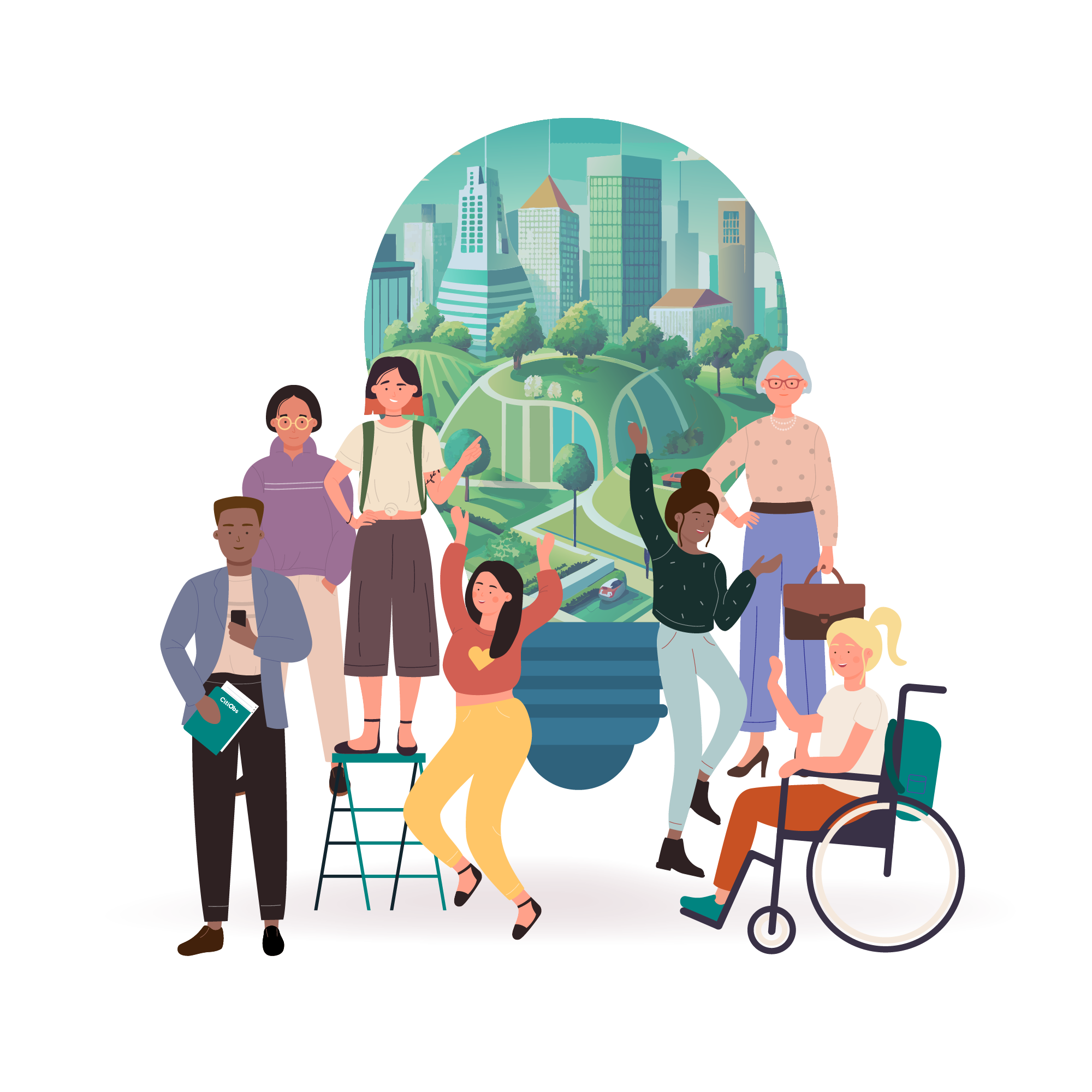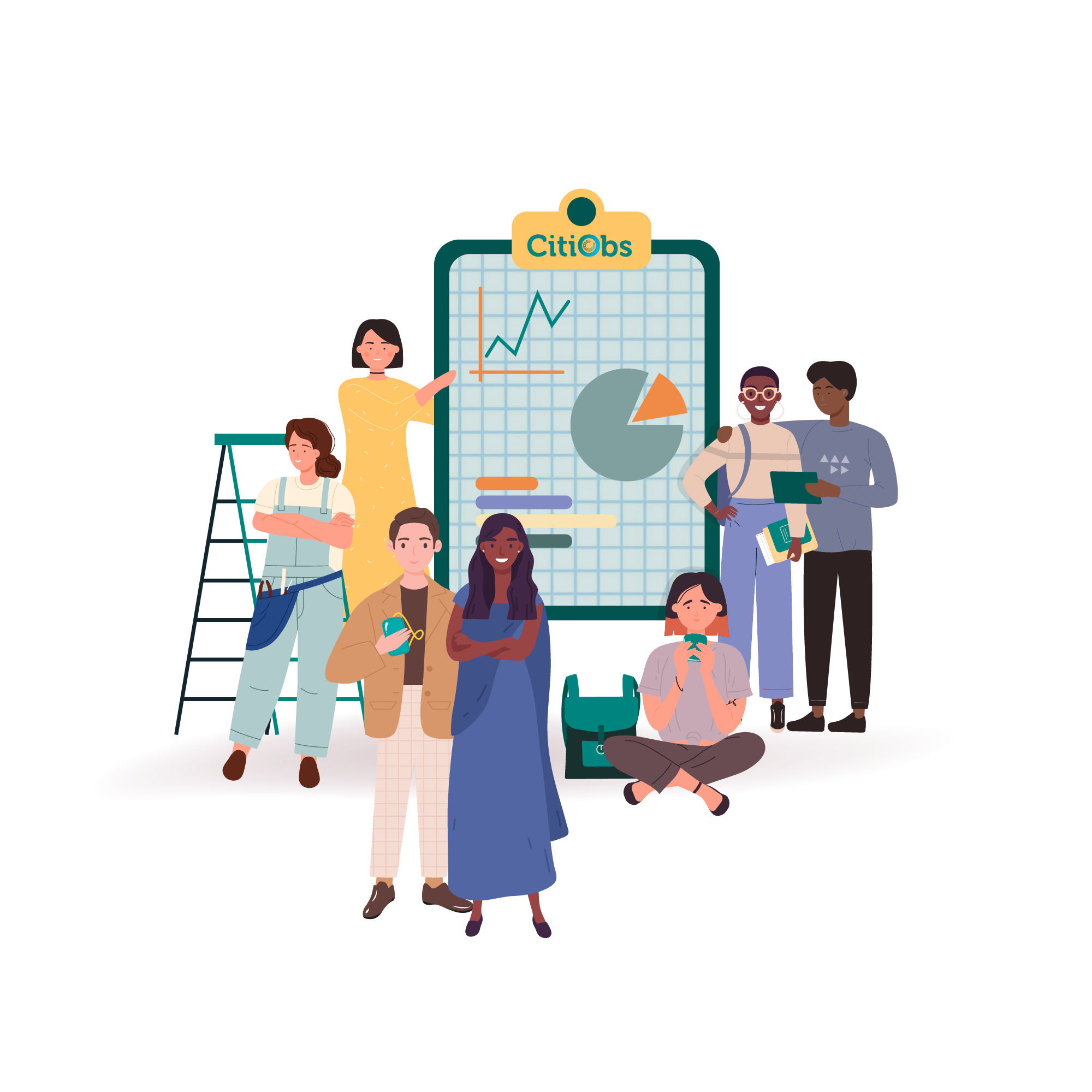CitiObs empowers Citizen Observatories across Europe to monitor and act on environmental challenges through inclusive engagement, innovative tools, and robust data practices. By fostering collaboration between citizens, scientists, and policymakers, CitiObs helps make environmental monitoring more accessible, reliable, and impactful.
More about the Project

